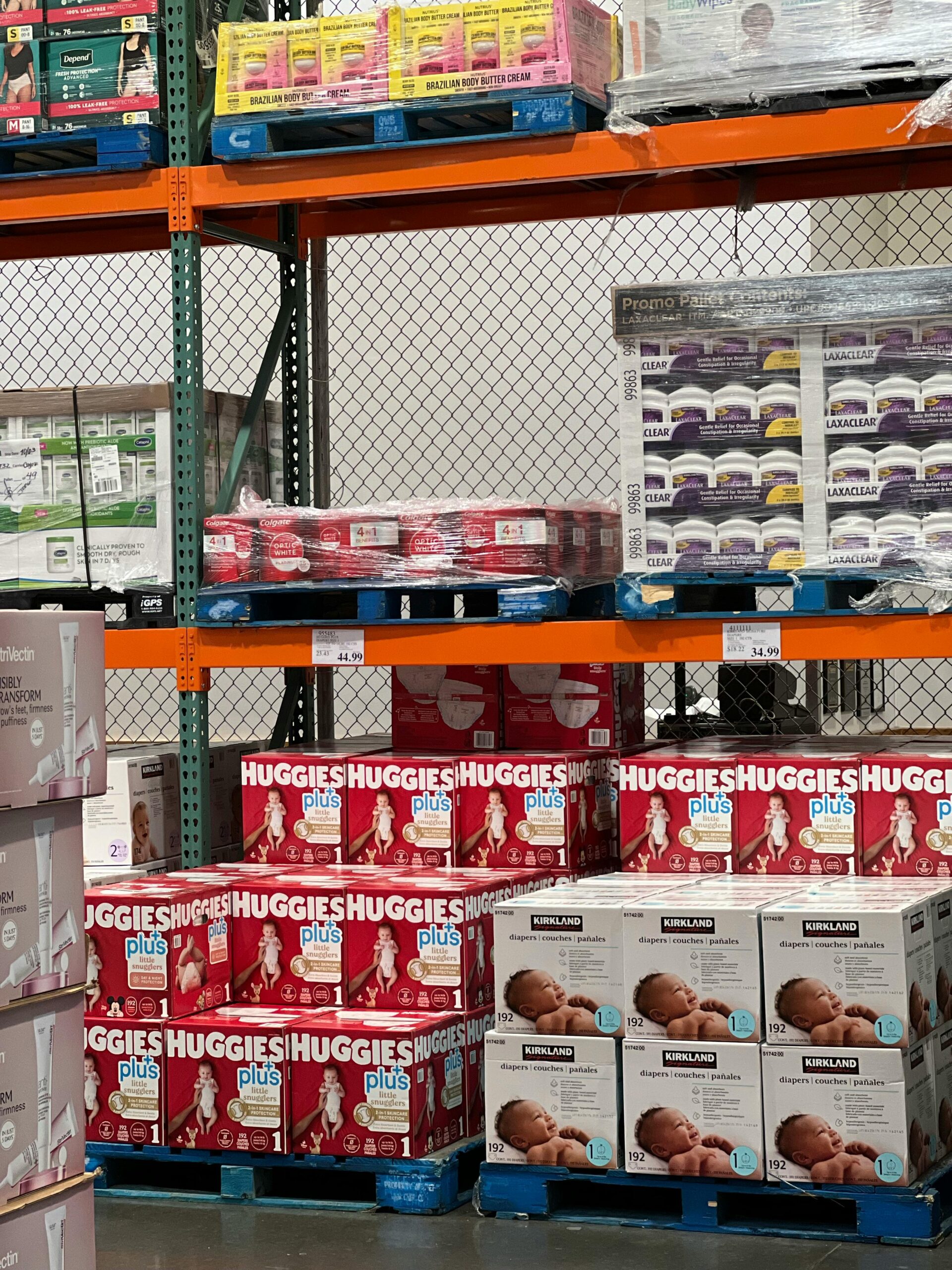Types of weaning and what to feed your child
Weaning is a major milestone in your child’s growth and development journey. Weaning involves introducing other foods to your child’s diet apart from breast milk. Most parents wean their children

Weaning is a major milestone in your child’s growth and development journey. Weaning involves introducing other foods to your child’s diet apart from breast milk.
Most parents wean their children from six months, while others do it earlier or later. When you decide to wean your baby, it is important to consider certain factors as follows:
Portion size
Start by introducing small portions of one item at a time to spot any allergic reaction, and gradually increase the options.
Food texture
Turn the foods into smooth consistencies. This makes it easy for your baby to ingest the food without choking on lumps.
Preparation
Use fresh ingredients and avoid overcooking for your baby to get full nutritional benefits.
Types of weaning
Baby-led weaning
This is when a baby stops breastfeeding on their own. You can offer them finger foods and let them feed themselves once in a while.
Image/BBC Good food
Partial weaning
This applies to giving solid foods and breast milk at the same time as opposed to exclusive breastfeeding.
Gradual weaning
This is a slow weaning process that involves introducing your baby to one food at a time and gradually increasing portions and options.
Image/ Health line
Temporary weaning
Temporary weaning involves weaning for some time before getting back to breastfeeding. This could be because of a health issue or other reasons.
Sudden weaning
This involves suddenly stopping breastfeeding and orienting your baby into solid foods.
Here are some foods you can feed to your baby when weaning;
Pumpkin
Pumpkins are rich in Vitamin A which helps strengthen the baby’s immune system, promote growth, and promote good eyesight. Steam the pumpkin then blend it to a smooth consistency.
Image/ An Italian In My kitchen
Potatoes
Potatoes have essential nutrients like iron, folate, Vitamin B6 and Zinc. They also contain choline, an important nutrient for brain development. They are a go-to weaning food due to their easy availability and quick preparation.
Pawpaw
Pawpaws are rich in vitamin A and C, which come in handy to support your baby’s immune system, eyesight and skin. You can easily mash ripe potatoes to create a puree for your baby.
Banana
Bananas are packed with carbohydrates and nutrients like potassium, folate, Vitamin B6 and Vitamin C. All necessary for healthy development in babies. Nutrients in bananas vary depending on ripeness. Ripe bananas contain more soluble fibres which are ideal for babies.
Image/ Blender babes
Avocado
Avocado has healthy fats and soluble fibres which aid babies brain development. It is rich in vitamins that support growth such as B6 and folate, and those that support immune health such as zinc and Vitamin E. They also support easy digestion that is necessary since your baby’s digestive system will try to adjust to these new foods.
Take home
Be patient with weaning your baby and give them time to take in the new flavours and nutrients. All children are unique, and what works for another child might not work for yours. Find a suitable weaning method for your baby and work from there to ensure they benefit wholly from the process.




